Asking someone about their relationship with food may seem like an odd question at first. But, when you step back and think about it, it makes a lot of sense. We all develop a relationship with different foods based on childhood experiences, cultural norms, seasonal availability, or neuro-associations with peak experiences such as a wedding, travel, or a relationship.
How Do You Know if You Have a Bad Relationship With Food?
Here is an example you can likely relate to easily. Pause for a moment and think about this scenario. When you were a kid, and you were sick, your mother or father likely had a specific meal or treat that they would give you to heal your body or make you feel better emotionally. It probably didn’t take you long to answer that in your mind. That is because you have an association with that food item and a particular emotion, a moment in time, and people in your life. In this instance, you probably have a positive association with that food item because you knew that it either made you feel better, or the intent of the person giving it to you was loving.
Here is a potential downside of a similar scenario. If you had emotional challenges growing up, as many people do, you may have turned to unhealthy food to pacify yourself and to make yourself feel better. These unhealthy choices could be chocolate, a candy bar, or even a large pizza. Once you condition yourself to seek refuge in a food item, and it gives the illusion of comfort, it’s hard to break those habits. This sort of thing can’t even happen when you often shared a particular meal or food item with a former spouse or love interest. You likely had a positive association if it’s an item you ate often while you were feeling a sense of love. Yet, when that love or partnership ended, you may now have a negative association with that food item or meal. But, if it is a healthy choice, and you’re avoiding it as a self-protection mechanism, which is subconscious, you might be missing out on a very healthy food option for reasons you’re not even certain about.
People can often have a bad relationship with something they are told is good for them. As an example, highly caffeinated and high-sugar energy drinks are promoted as a healthy choice that can boost performance and even fun. In some cases, in the short run, there could be a little bit of truth to the claims. But, as you know, too much sugar is the leading cause of diabetes. And too much caffeine, especially for someone with a pre-existing heart condition, can be dangerous or even fatal. There are too many stories you can search online that would show many young athletes drinking an excessive amount of energy drinks and later having severe heart damage or even death. So, a relationship with a food or drink item might be simply indoctrination via a clever marketing team, rather than a friend or a family member and your association with an experience.
As a nutrition coach, lifestyle and weight management specialist, or wellness coach who specializes in diet and nutrition, it’s important to realize a few things. First, we all have these relationships with food. We don’t think about it because it’s just who we are and what we do, and who we are as eaters. In general, most people know what is healthy and what is not. There are times when there is confusion because of propaganda, clever marketing, and misleading labels. But, most people know right from wrong and good and bad when it comes to ingredients and food choices. This means, as a coach or consultant, you need to get to the heart of the matter. You need to understand why these people make choices and who they are in their minds when they are eating. When did they first have the associations and experiences with different food items which may be related to a feeling of love or loss?
When you start approaching your nutrition coaching business from this perspective, you will get to know your clients on a much deeper level. Your clients will achieve better results because they will get to the heart of the matter. And, your clients will likely share their unique experiences with friends and family members. These individuals can become your next client. Everybody wins.
How Do You Improve Your Relationship With Food?
So, what can you do to help your clients with their relationship with food?
You need to ask questions that go far beyond the discussion of proteins, carbohydrates, and fats. You must ask questions related to your clients’ memories of certain foods starting at a young age and how they feel about them now, and why. You will want to ask questions about foods that make your client happy. And then you will need to follow up with questions discussing why this happiness occurs. You will need to understand the triggers that caused the happiness. The inverse is also true. You will need to ask questions about which foods make them sad or angry. We understand all of this can seem a bit odd at first. But if you do this with a family member now or even ask yourself these questions you will see there is a correlation and there is a reason for how and why you feel this way about foods and why you choose these foods. That doesn’t always mean they are the best choice for you.
Offering your coaching and consulting services in the way we’re discussing in this article is the basis of why both the Spencer Institute and NESTA exist and work in concert. You need to have an in-depth knowledge of the science of nutrition. You also need to have a way to explain these complex topics in a fun and easy-to-understand way. It’s also important to have the proper coaching and communication skills and the ability to do motivational interviewing and thoughtful inquiry to get to the heart of the matter when it comes to people’s relationship with food and the effects of that relationship on their health and happiness. Finally, you need to have business and career acumen so you can have a strong, lucrative, and rewarding career for as long as you like. This allows you to live a better life and gives you the opportunity to serve more people and enhance their lives as well.
Coaching Solutions for Health Food Relationships
If you are ready to be a world-class nutrition coach, we will be honored to work with you, support you and ensure your success. You can start with the NESTA Fitness Nutrition Coach program. A logical progression is to next or in the NESTA Lifestyle and Weight Management Specialist Certification. Following that, we would recommend the Spencer Institute Holistic Nutrition Coach Certification. And if you have an interest in working with athletes, you will also want to consider the NESTA Sports Nutrition Specialist Certification.
That’s it for now.
Take action!
PS: Click here to see many helpful business/career resources







